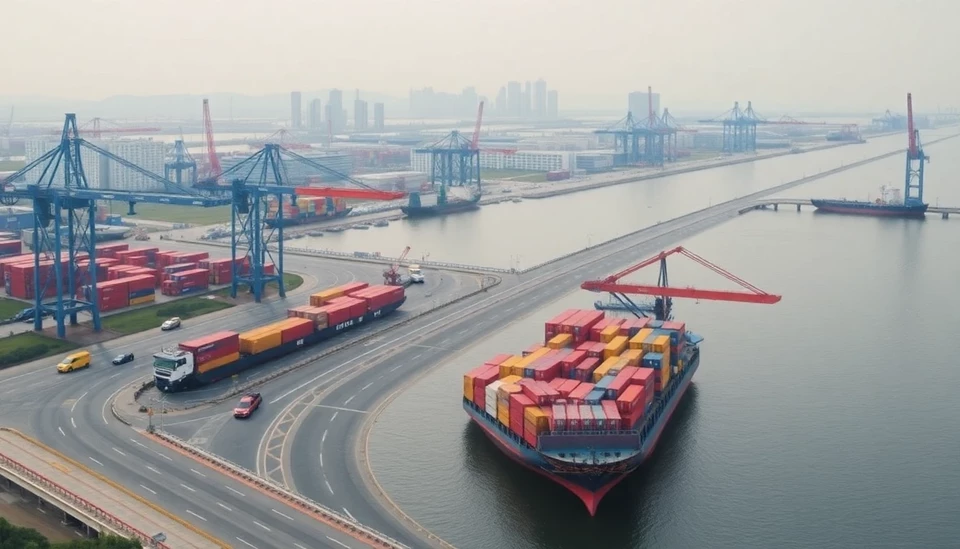
In a significant shift in trade policy, China has announced plans to impose a tax on certain commodities imported from the United States. This decision is expected to have wide-reaching implications for trade relations between the two economic giants, exacerbating existing tensions that have persisted since the onset of trade disputes in recent years.
The new tax, which will come into effect later this year, targets a range of essential commodities, including agricultural products and raw materials. Officials state that the measure aims to bolster domestic industries and reduce dependence on foreign goods amidst rising global tensions and economic uncertainties.
This move follows a series of tariffs and trade barriers that have already strained U.S.-China relations. With both nations actively working to rethink their economic engagements, this latest initiative signals that the situation is far from resolved.
The announcement has stirred concerns among American exporters, whose products may see decreased demand in the Chinese market due to these additional costs. The agricultural sector is particularly vulnerable; farmers and producers who depend heavily on exports to China are now bracing for potential losses.
Analysts suggest that this tax could lead to retaliatory measures from the U.S. government, further escalating the tit-for-tat trade battle that has been ongoing for several years. Economists are closely monitoring the situation, predicting that the tax may impact global supply chains and commodities trading, in addition to the direct effects on U.S. exports.
This new tax is part of a broader strategy by China to strengthen its economy by prioritizing local production over imports. As the country aims to become more self-sufficient, particularly in critical industries, analysts worry about how such policies will affect overall international trade dynamics.
In the wake of the recent announcement, U.S. trade officials have expressed alarm, stating that such measures could undermine the fragile recovery of both economies. As discussions continue, stakeholders on both sides are anxiously awaiting further developments, hoping for a resolution that can prevent an escalation into a full-blown trade war.
As uncertainty looms, investors are also reacting cautiously. The stock market has shown volatility, reflecting concerns over how these new tariffs might affect profit margins and growth prospects for companies reliant on overseas markets.
Looking ahead, the international community will be watching closely to see how this situation unfolds. The implications of this tax reach beyond U.S.-China relations, affecting global market trends and the balance of trade among other nations. How both countries navigate this complex web of economic interdependence will be crucial in shaping future relations.
In summary, China’s decision to levy a tax on U.S. commodities marks a notable escalation in the ongoing trade disputes. Both nations must tread carefully to avoid further deterioration in their economic relationship, which could have consequential repercussions worldwide.
#ChinaTrade #USTrade #CommoditiesTax #USChinaRelations #TradeWar #Economy #Imports #Exports #GlobalTrade
Author: Laura Mitchell




